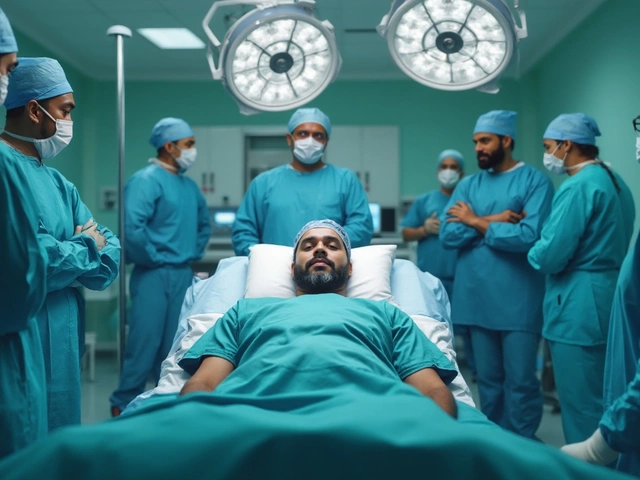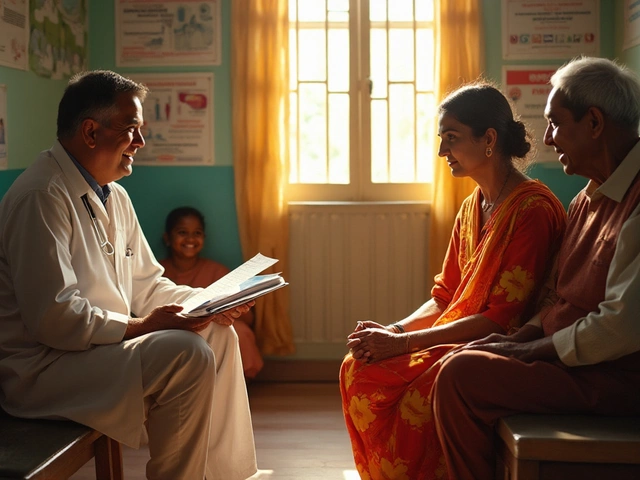Most Deadly Cancer: What Makes Them So Lethal and How to Stay Ahead
When you hear the phrase “most deadly cancer,” you probably picture a disease that spreads fast and leaves few treatment options. In reality, the danger comes from a mix of late detection, aggressive biology, and limited effective therapies. Knowing which cancers top the mortality list and what warning signs to watch for can give you a real advantage.
Which Cancers Are the Most Lethal?
In India and worldwide, five cancers consistently rank at the top for death rates:
- Lung cancer – It kills more people than any other cancer, mainly because smokers often ignore early cough or breathlessness until it’s advanced.
- Pancreatic cancer – Symptoms are vague (upper abdominal pain, weight loss) and it spreads before it’s caught.
- Liver cancer – Chronic hepatitis B, C, and heavy alcohol use set the stage, and liver disease often hides until the tumor is large.
- Brain glioblastoma – This fast‑growing brain tumor invades healthy tissue quickly, making surgery difficult and survival times short.
- Esophageal cancer – Trouble swallowing and heartburn are easy to dismiss, so many cases are diagnosed late.
These cancers share a common thread: they’re usually discovered at stage III or IV, when treatment options shrink and success rates dip.
How Can You Lower Your Risk?
Even though genetics play a role, lifestyle choices are powerful tools you can control. Here are simple steps that cut risk for most lethal cancers:
- Quit smoking – It’s the single biggest factor for lung, esophageal, and many other cancers.
- Limit alcohol – Heavy drinking boosts liver and esophageal cancer risk.
- Stay up to date with vaccinations – Hepatitis B vaccine dramatically reduces liver cancer chances.
- Eat a balanced diet – Plenty of fruits, vegetables, and whole grains lower overall cancer risk.
- Exercise regularly – Physical activity helps maintain a healthy weight, which protects against pancreatic and liver cancers.
Screening saves lives, too. If you’re over 40 and have a smoking history, a low‑dose CT scan can catch lung cancer early. People with chronic hepatitis should get regular liver ultrasounds. Early endoscopy for persistent heartburn can spot esophageal changes before they turn malignant.
Remember, early signs often look like everyday annoyances: a cough that won’t quit, unexplained weight loss, new pain in the abdomen, or difficulty swallowing. If something feels off for more than a few weeks, don’t wait for a doctor’s appointment—make one.
Staying informed is the best defense against the most deadly cancers. Keep an eye on your body, adopt healthier habits, and use available screenings. By acting early, you turn a scary statistic into a manageable reality.

Deadliest Types of Cancer: What Makes Some Cancers So Devastating?
Find out what makes some cancers the worst. Learn about deadliest cancer types, survival rates, symptoms, and real facts that matter if you're worried about cancer today.

Can Ashwagandha Cause Weight Gain?
Mar, 9 2025

How Rare Is It to Survive Open Heart Surgery?
May, 11 2025


